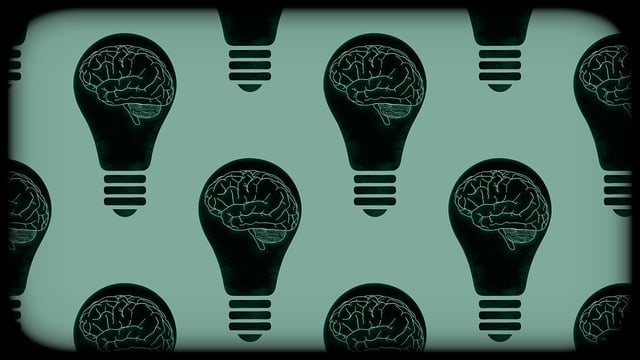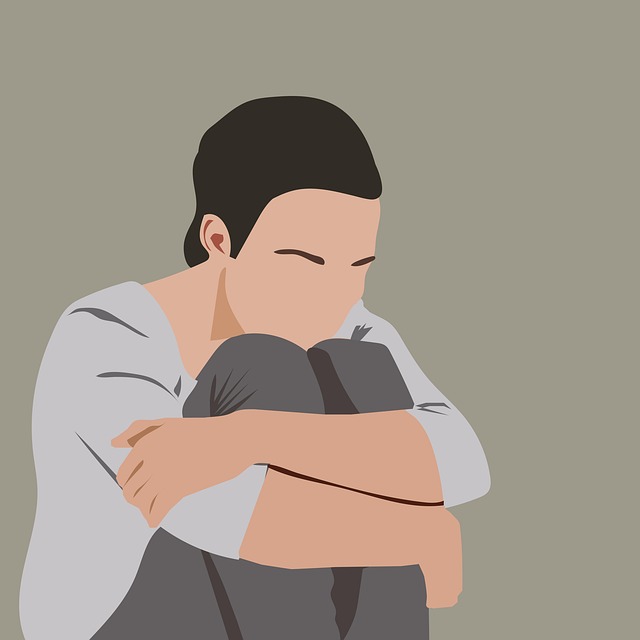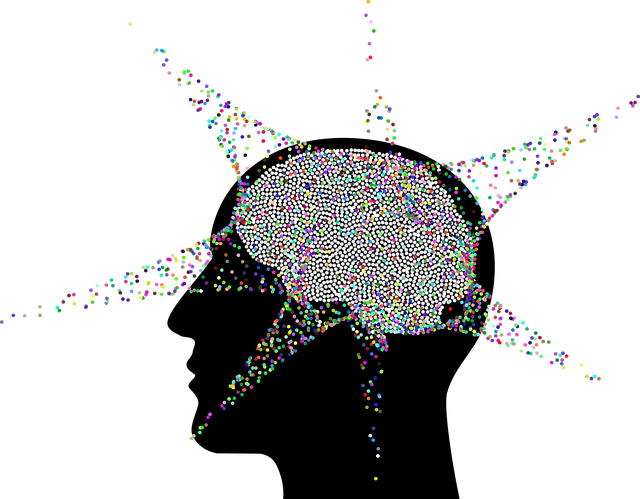Englewood Trauma Therapy focuses on building resilience, flexibility, and mastery (RFM) as key to mental health, especially for healthcare professionals in demanding environments. They offer a holistic approach combining CBT, mindfulness, and physical activity to address trauma's multifaceted impact. Their unique framework equips individuals with tools to navigate challenges, adapt, and maintain control, enhancing both professional and client outcomes.
Resilience is a powerful tool in navigating life’s challenges, and RFM (Resourceful Family Management) offers a structured approach to building this strength. This article explores how RFM, as exemplified by Englewood Trauma Therapy, can transform trauma healing. We’ll guide you through practical exercises to enhance mental resilience. Learn strategies to incorporate RFM into daily routines for lasting resilience, offering a holistic path to recovering from and preventing future traumatic events.
- Understanding RFM and Its Role in Resilience Building
- Englewood Trauma Therapy: A Holistic Approach to Healing
- Practical Exercises for Enhancing Mental Resilience
- Incorporating RFM into Daily Life for Long-Lasting Resilience
Understanding RFM and Its Role in Resilience Building

Resilience is a vital component of mental health and well-being, especially for professionals in demanding fields like healthcare. At Englewood Trauma Therapy, we recognize that building resilience is an essential aspect of burnout prevention and stress management. RFM (Resilience, Flexibility, and Mastery) is a powerful framework that plays a crucial role in this process.
This approach focuses on enhancing individuals’ ability to navigate challenging situations, adapt to change, and maintain a sense of control. By fostering resilience, mental health professionals can improve their overall well-being and better support their clients. RFM exercises are designed to strengthen one’s response to stress, trauma, or adversity, making it an integral part of risk management planning for professionals in high-pressure environments.
Englewood Trauma Therapy: A Holistic Approach to Healing

Englewood Trauma Therapy offers a holistic approach to healing, focusing on the interconnectedness of physical, emotional, and mental well-being. This therapeutic model recognizes that trauma affects individuals in diverse ways, often manifesting in unique symptoms that demand tailored interventions. By addressing these multifaceted aspects, Englewood provides a comprehensive framework for resilience building.
Through this approach, healthcare providers are equipped with effective communication strategies to create safe, supportive spaces for clients. The therapy emphasizes the importance of cultural competency training, ensuring that every individual receives care that respects and validates their experiences. Additionally, engagement in confidence-boosting exercises forms a crucial part of the process, empowering clients to reclaim agency over their lives post-trauma.
Practical Exercises for Enhancing Mental Resilience

Building mental resilience is a crucial aspect of managing stress and adversity, which is where Englewood Trauma Therapy can play a pivotal role. They offer practical exercises tailored to enhance individuals’ coping abilities and promote better mental wellness. These exercises are designed to help people navigate through challenging situations with greater ease and fortitude.
One effective method is Cognitive Behavioral Therapy (CBT), a form of talk therapy that focuses on identifying and changing negative thought patterns. By learning to challenge unhelpful thoughts, individuals can develop healthier perspectives and improve their overall resilience. Other practical tools include mindfulness meditation, which teaches individuals to stay grounded in the present moment, reducing anxiety and fostering calmness. Additionally, engaging in regular physical activity releases endorphins, boosting mood and providing a powerful coping mechanism for stress and depression prevention.
Incorporating RFM into Daily Life for Long-Lasting Resilience

Incorporating RFM (Resilience, Flexibility, and Mastery) into daily routines is a powerful way to cultivate long-lasting resilience, as advocated by Englewood Trauma Therapy. This approach transcends traditional therapy sessions, emphasizing practical application in everyday life. By integrating RFM practices, individuals can enhance their ability to navigate challenges and build mental fortitude. For instance, engaging in regular physical activity, a key aspect of Resilience, not only improves overall health but also serves as an outlet for stress relief and emotional regulation.
Flexibility is another cornerstone, encouraging adaptability in the face of change and uncertainty. This can be achieved through mindfulness exercises and practicing effective communication strategies, both of which are fostered by Social Skills Training and Mental Health Education Programs Design. By regularly employing these techniques, individuals can better manage their reactions to stressful situations, promoting a sense of control and empowerment. Incorporating RFM into daily life is a proactive approach to building resilience, ensuring individuals are equipped to handle life’s curveballs with grace and perseverance.
Resilience is a powerful tool in navigating life’s challenges, and Englewood Trauma Therapy offers a holistic approach to cultivating this strength. By understanding RFM (Risk, Failure, and Mastery) and its role in resilience building, individuals can employ practical exercises to enhance their mental resilience. Incorporating these principles into daily life fosters long-lasting adaptability and emotional well-being, as demonstrated by the effective strategies presented here. Englewood Trauma Therapy serves as a beacon of hope, guiding folks towards a more resilient and fulfilling future.














